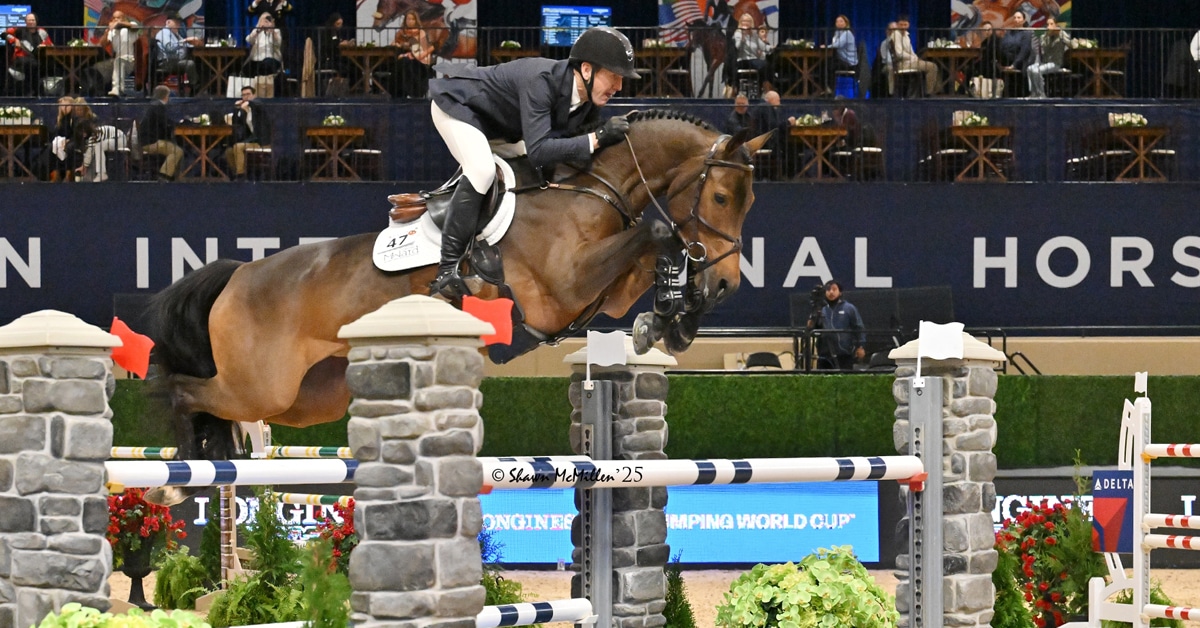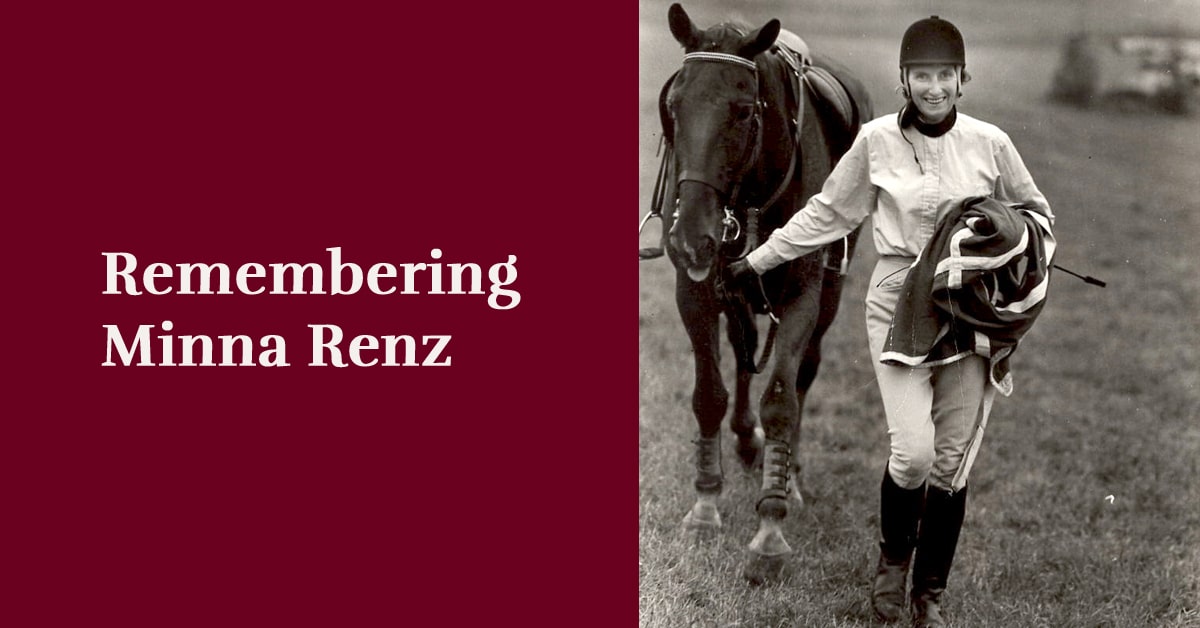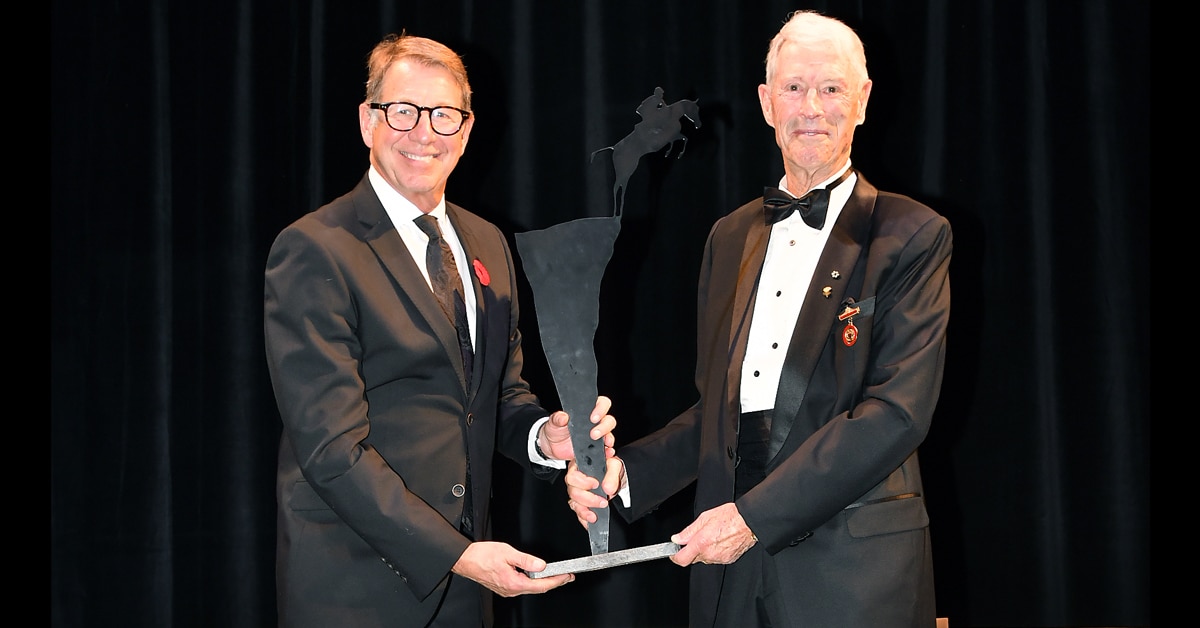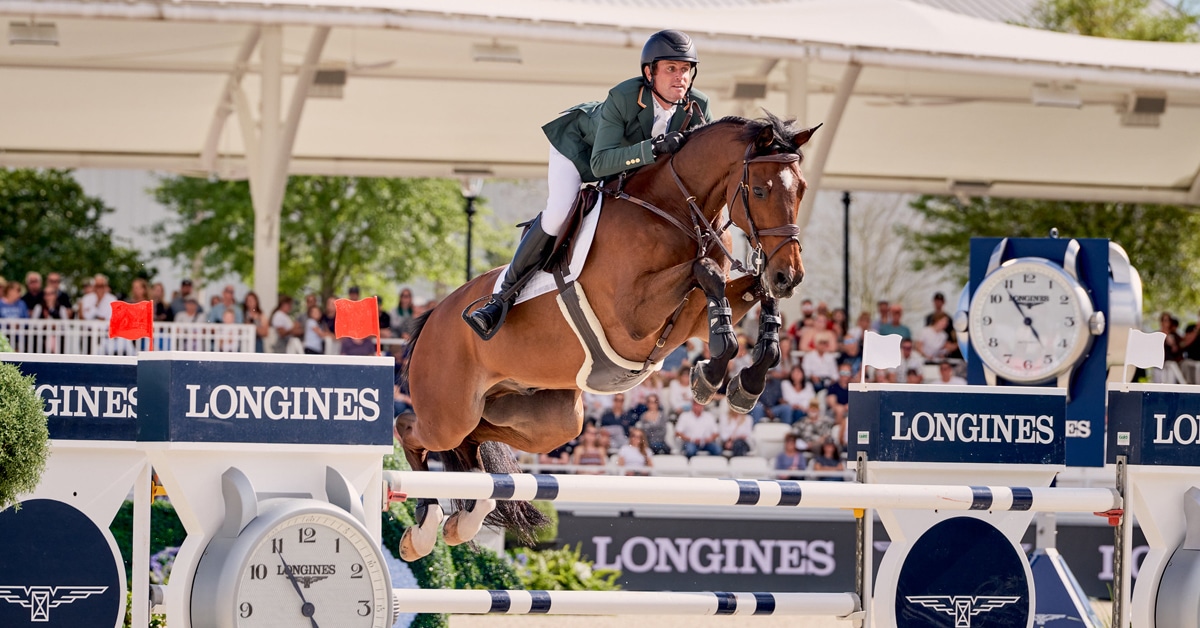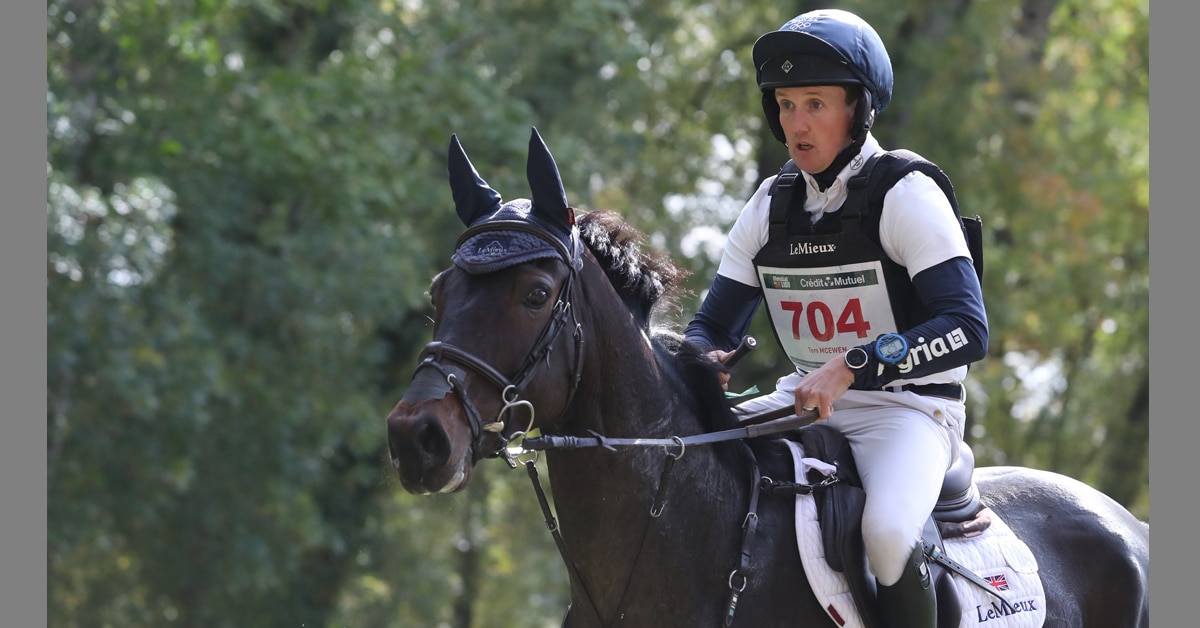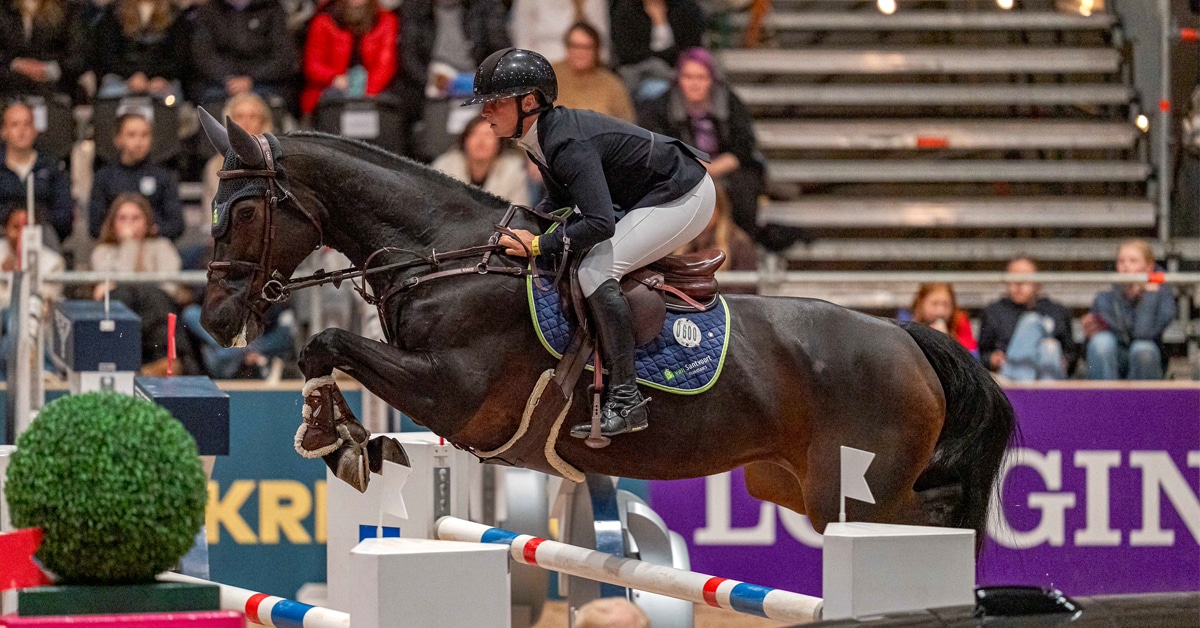João Manuel Vieira de Moura, one of Portugal’s top-ranked FEI jumping judges, has unsuccessfully appealed against his demotion after failing the brand new competency-based examination.
The FEI Tribunal confirmed his downgrading from Level 4 to 3 and ordered him to pay 4,000 CHF (CAN $5,822) towards the FEI’s costs. Mr. Vieira ‒ who has officiated in 27 countries for over 21 years and is also a Level 2 steward ‒ was the only one of 70 candidates scoring below the 80% pass mark. He went on to fail an oral assessment the same day.
The new FEI Competency-based Evaluation System (CES) was devised by the FEI officials working group, steered by Canada’s Mark Samuel since 2016. CES was introduced on January 1 to replace the previous age-limited system, and is being rolled out across all FEI sports. It is aimed at ensuring officials fulfil their job description and are up-to-date with FEI Rules and Regulations, regardless of age. Other assessed competencies include ‘soft skills,’ English language proficiency and physical fitness.
The jumping judges’ exam has 50 questions and must be completed in an hour. Candidates taking it online at home may make a second online attempt if they fail the first. Where candidates take the exam during an in-person refresher course and fail, the second attempt takes the form of oral assessment. In the weeks beforehand, candidates may make unlimited attempts at a ‘mock exam’ on the FEI Campus website, answering 10 questions drawn randomly from the actual exam.
Because Vieira attended a refresher in 2019, he was only required to pass the online test by March 31, 2020. He did not need to attend a refresher till 2022. He nonetheless went to a combined FEI refresher/exam opportunity in Prague, Czech Republic, which ran alongside the general assembly of International Jumping Officials Club on January 17-18, 2020.
Vieira claimed the Prague process was confusing, and that he should have received instructions in French as he was not fully proficient in English. He found he was ‘locked out’ of the mock exam when the actual exam began, so could not ‘prepare.’ He was then orally examined at only 15 minutes notice, by an ‘ad hoc jury’ and not by the course director Stefan Ellenbruch, with no time to prepare for that either.
The FEI responded that if the process was confusing, many more candidates could have been expected to fail. The FEI did admit that one misleading email was accidentally sent to Vieira due to an IT ‘glitch,’ though only after Prague.
All participants had been emailed instructions and prep advice six weeks beforehand. In Prague, Ellenbruch and the FEI education director Frank Spadinger again went over the procedure with all those signed-up ‒ including Vieira. Spadinger stressed that sitting the exam while in Prague was recommended but voluntary.
The mock exam was ‘rightly blocked’ to prevent candidates checking the answers.
Tribunal member Harveen Thauli, sitting as a panel of one, noted that Viera had scored ‘B2’ in English proficiency, indicating he can understand extended speech and lectures. His FEI record showed he was a ‘sophisticated professional,’ so she was ‘perplexed’ why he claimed not to realise what was happening.
The costs order recognized the considerable time spent by the FEI investigating this ‘avoidable’ situation. One task involved going through video. In one clip, Ellenbruch asks for a show of hands from those intending to take the exam; Mr Vieira raised his. When Ellenbruch asked who had NOT done any prep, Veira lowered his hand. The FEI said the only interpretation was that Vieira either had done some preparation, or hadn’t and did not wish to admit to this publicly.
More News
